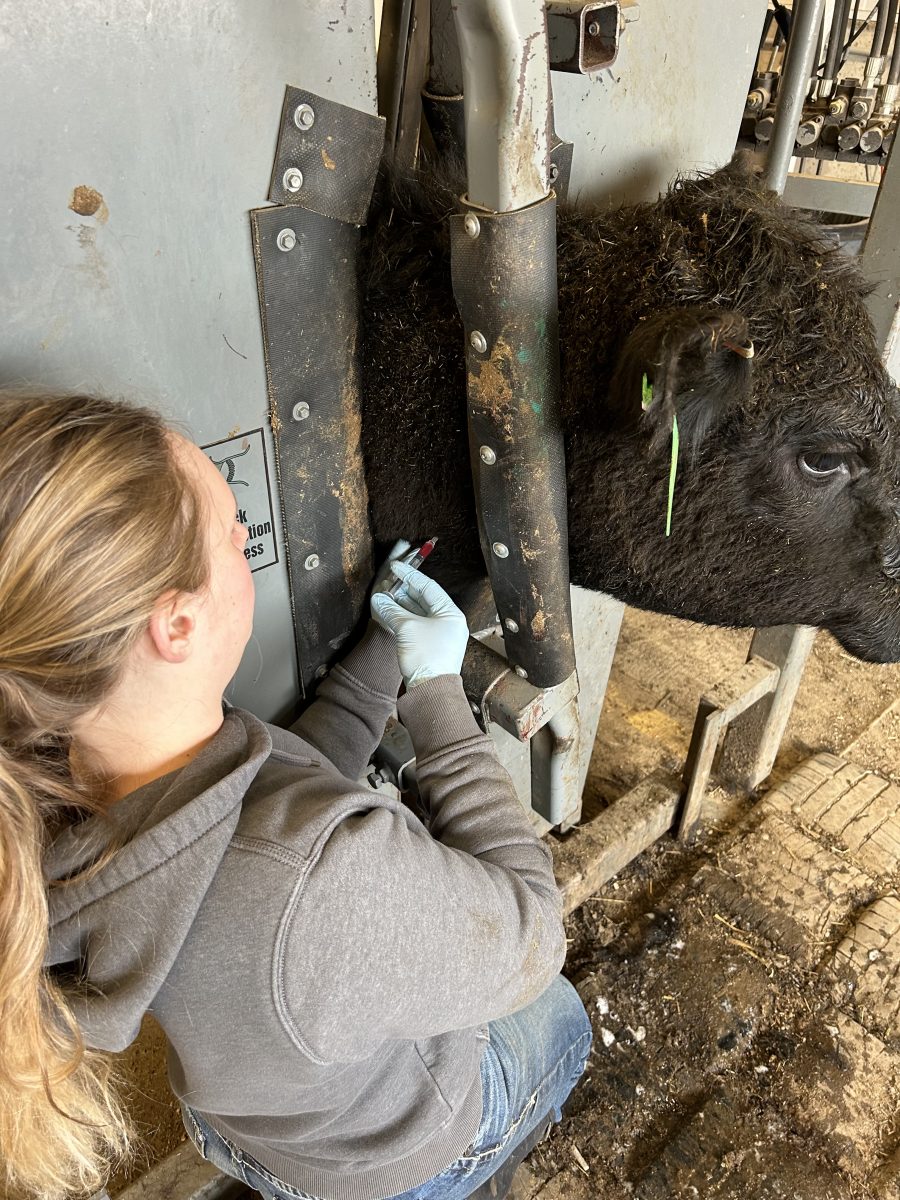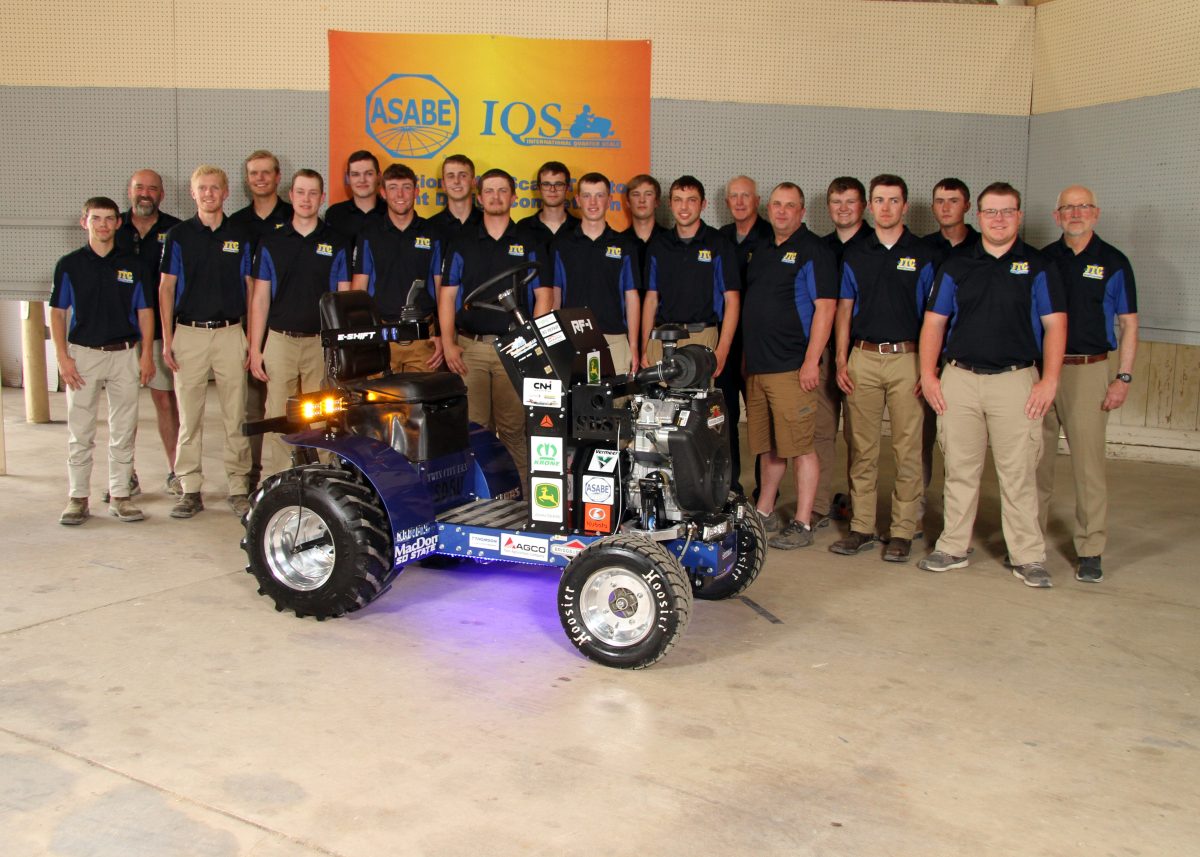Educating ourselves to live in a world where people do not like our country
September 10, 2002
Dr. John E. Miller
(Editor’s Note: “Faculty Corner” will be a weekly feature featuring the writing of Dr. John E. Miller, professor of history, Dr. Nels Granholm, professor of biology and Dr. Larry Rogers, associate professor of education and counseling.)
September 11, 2001.
It was one of those rare days in our history when all would remember their exact location when they heard the news? two planes crashing into the World Trade Center, another one plowing into the Pentagon.
It was more shocking than Pearl Harbor, because then Americans had spent months in a debate about going to war.
It was more traumatic than November 22, 1963, because, while John F. Kennedy was president, he was one person.
Immediate reactions to the event included statements such as, “Now the world has changed,” “We are entering a new era” and “Things will never be the same.”
Then, after anthrax dominated the news for a short while, stocks plunged, airport security tightened and the war was taken to Afghanistan, most Americans found their lives only marginally affected by the new turn of events and people began wondering if maybe things could get “back to normal” after all.
One year later, it is tempting to think that we can go back to things the way they were before Sept. 11. Appearances are deceiving.
We have not really begun to grapple with the implications of a world in which millions of people “don’t like us.” World War II, jet planes, earth satellites, landing on the moon, the Internet and a dozen other things should have obviated illusions that we can somehow remain isolated from the rest of the world behind the moats of the Atlantic and the Pacific. On Sept. 11, we were reminded dramatically that isolation is out of the question.
Educational institutions such as SDSU deal every day with how we should prepare ourselves for 21st century realities. Education, first of all, is for life. Walking across the stage with a diploma may bring a job, applause from family and friends and a warm, fuzzy feeling inside, but if that credential is not accompanied by a fierce determination to confront, grapple with and understand a constantly changing world, it will be worth no more than the paper it is printed on.
We need to be active learners, to be passionate about acquiring knowledge, to reach out for facts, concepts and ideas that will enable us to comprehend this strange, new world as it unfolds, day by day, in front of our eyes.
Only then can we be masters of our environment and not its slaves.
Dr. John E. Miller is a professor of history at SDSU. E-mail him at [email protected].




















